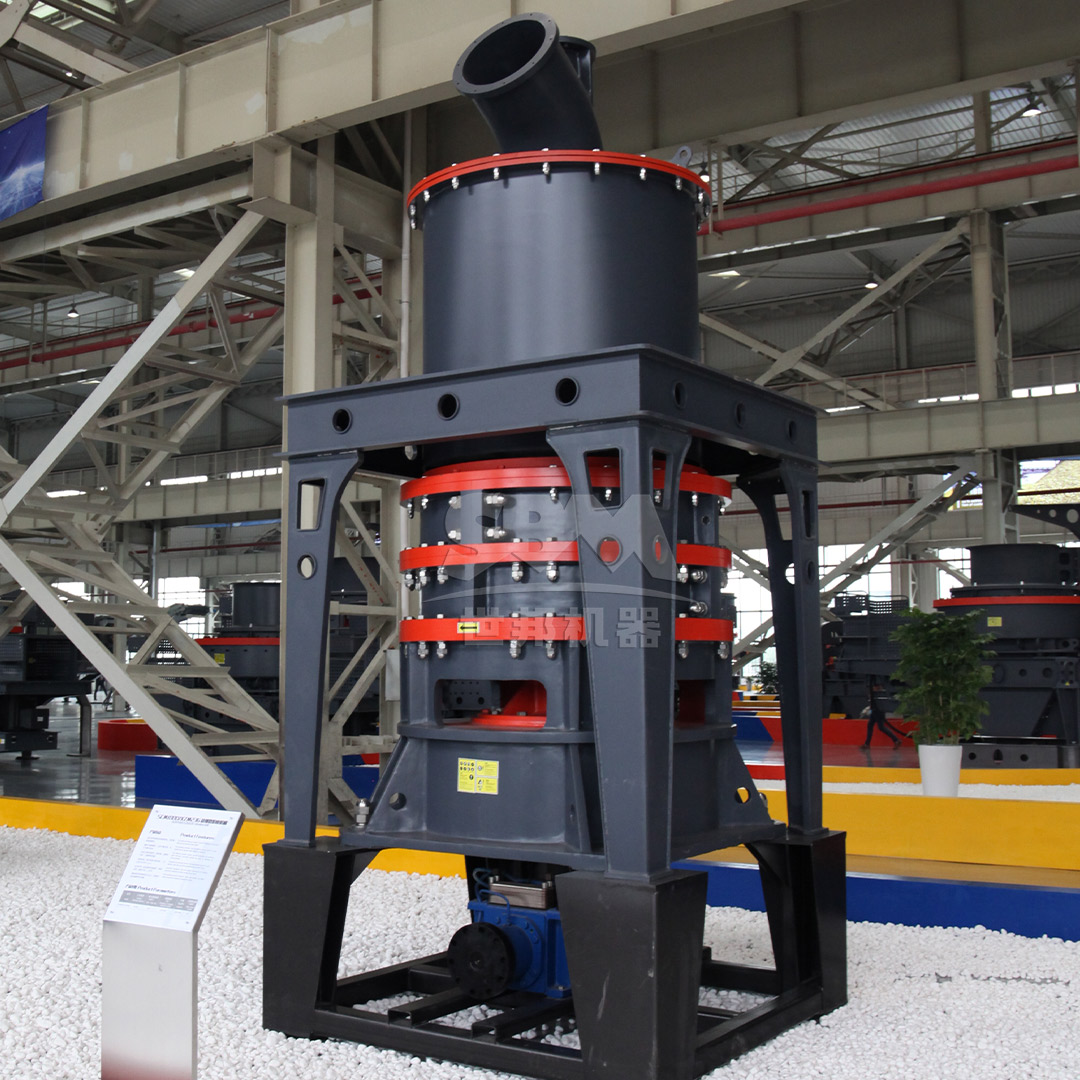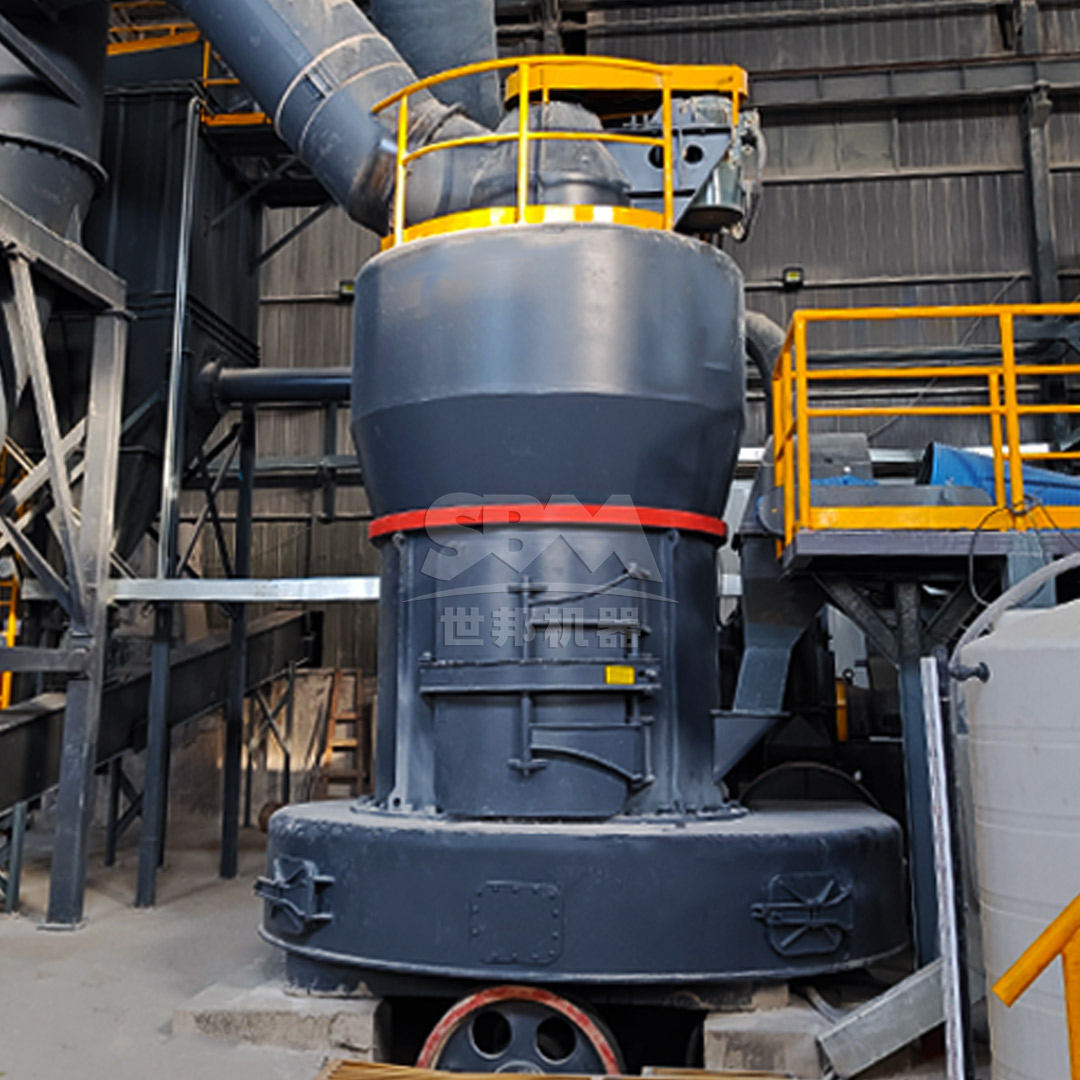In the realm of cement manufacturing, the quest for efficiency, sustainability, and cost-effectiveness is relentless. One of the pivotal components in this process is the fuel used to heat the kiln, traditionally dominated by coal. However, the conventional use of coal has faced scrutiny due to environmental concerns and inefficiencies. Enter ultra-fine coal powder—a game-changer that is revolutionizing cement production. This article delves into the significance of ultra-fine coal powder in cement manufacturing, its benefits, production process, and why it is becoming the preferred choice for modern cement plants.
Cement manufacturing is an energy-intensive process, with the kiln requiring temperatures up to 1450°C to facilitate the chemical reactions that produce clinker. Coal has been the primary fuel source for decades due to its high calorific value and availability. However, traditional coal combustion in cement kilns is associated with several challenges:
To address these issues, the industry has turned to ultra-fine coal powder, which offers a more efficient and environmentally friendly alternative.
Ultra-fine coal powder is coal that has been ground to an exceptionally fine particle size, typically with a median diameter of less than 10 micrometers. This fine grinding enhances the surface area of the coal particles, facilitating more rapid and complete combustion. The production of ultra-fine coal powder involves advanced grinding technologies, such as vertical roller mills, ball mills, or specialized ultra-fine grinding mills, which achieve the desired fineness and consistency.
The increased surface area of ultra-fine coal powder allows for quicker ignition and more complete combustion. This results in:
Complete combustion significantly reduces the emission of pollutants:
Although the initial investment in ultra-fine grinding equipment may be higher, the long-term benefits include:
Ultra-fine grinding allows cement plants to use lower-grade coals or blends with alternative fuels (e.g., biomass, waste-derived fuels) without compromising combustion efficiency. This flexibility can lead to further cost reductions and sustainability improvements.
The production of ultra-fine coal powder requires specialized grinding equipment capable of achieving the desired fineness while maintaining energy efficiency. Key technologies include:
The choice of grinding technology depends on factors like coal hardness, moisture content, desired fineness, and production capacity. Modern cement plants often opt for VRMs due to their superior efficiency and reliability.
For cement plants seeking to produce ultra-fine coal powder with exceptional efficiency and precision, we highly recommend our SCM Ultrafine Mill. This mill is engineered to deliver outstanding performance in ultra-fine grinding applications, making it ideal for cement manufacturing.
| Model | Processing Capacity (ton/h) | Main Motor Power (kW) | Input Size (mm) | Output Fineness (mesh) |
|---|---|---|---|---|
| SCM800 | 0.5-4.5 | 75 | 0-20 | 325-2500 |
| SCM900 | 0.8-6.5 | 90 | 0-20 | 325-2500 |
| SCM1000 | 1.0-8.5 | 132 | 0-20 | 325-2500 |
| SCM1250 | 2.5-14 | 185 | 0-20 | 325-2500 |
| SCM1680 | 5.0-25 | 315 | 0-20 | 325-2500 |

Integrating ultra-fine coal powder into cement manufacturing involves:
For plants requiring a versatile solution that can handle a range of fineness levels, our MTW Series Trapezium Mill is an excellent choice. It is designed for high-capacity grinding with output fineness from 30 to 325 mesh (up to 0.038mm).
| Model | Processing Capacity (ton/h) | Main Motor Power (kW) | Input Size (mm) | Output Fineness (mesh) |
|---|---|---|---|---|
| MTW110 | 3-9 | 55 | <30 | 10-325 |
| MTW138Z | 6-17 | 90 | <35 | 10-325 |
| MTW175G | 9.5-25 | 160 | <40 | 10-325 |
| MTW215G | 15-45 | 280 | <50 | 10-325 |

As global regulations on emissions tighten, the adoption of ultra-fine coal powder aligns with environmental compliance goals. Its ability to reduce greenhouse gases and other pollutants makes it a viable option for cement plants aiming to meet stringent standards while maintaining profitability.
Ultra-fine coal powder represents a significant advancement in cement manufacturing, offering a blend of efficiency, environmental benefits, and cost savings. By enabling more complete combustion, it addresses the inherent drawbacks of traditional coal usage, paving the way for a more sustainable and productive industry. As cement manufacturers continue to seek innovations that reduce their environmental footprint without compromising on quality or economics, ultra-fine coal powder stands out as a compelling solution.
Investing in the right grinding technology to produce ultra-fine coal powder is crucial. For cement plants looking to enhance their operations, partnering with experienced grinding equipment manufacturers can ensure a smooth transition and maximize the benefits of this transformative approach. Our SCM Ultrafine Mill and MTW Series Trapezium Mill are designed to meet the demanding requirements of modern cement production, providing reliable, efficient, and sustainable solutions.
